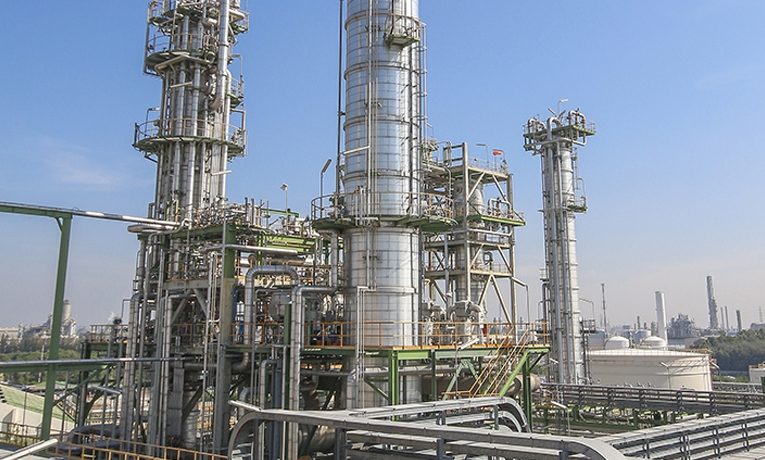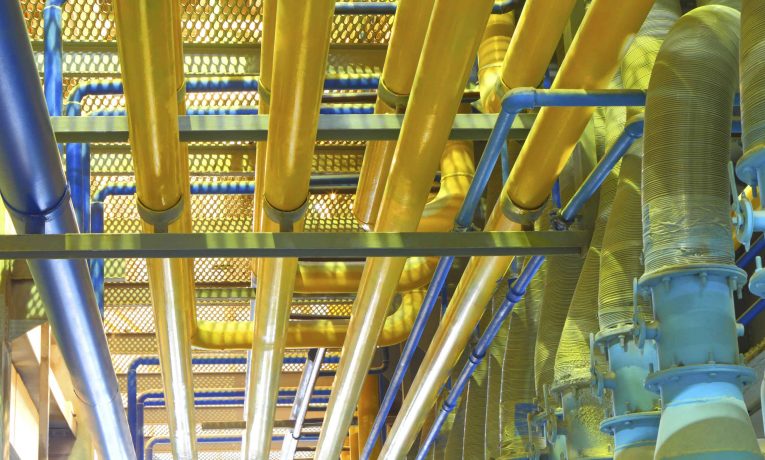How to make the business case for energy efficiency investment.
In 2008, Solomon Associates (Solomon) added new energy tables to its Worldwide Fuels Refinery Performance Analysis (Fuels Study) data input forms to allow more detailed analysis of the energy inefficiencies found in client operations. Although some study participants have taken advantage of this information to improve their energy efficiency, many have not—for a variety of reasons. Nevertheless, Solomon continues working with more and more companies to help them better understand the business case for improving energy efficiency, setting targets, and planning actions for achieving results.
This article outlines this business and financial case for improving energy efficiency and overcoming obstacles to justify change.
Energy savings, non-energy cost impacts often undervalued
It is well understood that refinery operations consume a great deal of energy, with much of the excess energy consumed becoming waste heat that is ultimately rejected to air or cooling water. Consequently, this waste heat results in increased operating and maintenance costs for these utility cooling systems. It’s been Solomon’s observation that many refiners just don’t always recognize the impact this excess energy consumption has on “non-energy” costs such as maintenance, personnel, water use, and water treatment chemicals; the chart shown here helps illustrate the point.
By not recognizing the true costs, refiners may underestimate the savings that could be realized through better energy efficiency, making it difficult to economically justify energy efficiency improvement projects.
While high energy prices are supporting energy investment upgrades in Europe and Asia, low US and Canadian energy prices discourage further investment in energy upgrades in both countries, as refiners feel they cannot economically justify such actions. For example, a company may value energy savings at only 20 million US dollars per year (M USD/yr) because that’s how much their natural gas bill would decrease.

Non-Energy Efficiency Index™ measures a client’s non-energy costs relative to what Solomon expects for the facility, whereas Energy Intensity Index™ (EII®) indicates the actual energy consumption compared to what Solomon expects for the facility.
However, the actual savings achieved through more efficient energy usage may really be worth 50M USD/yr due to the impact on areas outside of energy. Focusing on energy usage alone limits the potential savings that refiners can achieve in total. Instead, companies need to look at the big picture—how energy efficiency improvements affect their entire operations.
Large improvements in energy efficiency don’t have to be expensive
Improvements in energy efficiency can be made without large investments if energy upgrades are integrated into site asset lifecycle management plans. For instance, it may make sense to replace a steam turbine drive with an electric motor when the turbine is due for major maintenance. Obviously, electrical system capacity must be adequate, so this potential solution must be studied well in advance of the planned maintenance. Rather than just repeating the cycle and spending the same amount of money for the same solution, refiners can opt to spend a little more to invest in energy upgrades with significant future upside.
As an example, one Solomon client improved its energy efficiency approximately 25% from 2002–2018 through discretionary energy spending that totaled approximating 6% of maintenance spending plus investment over this time. This example demonstrates that large energy efficiency improvements don’t have to be very expensive.
The value of demonstrating environmental sustainability
The reputation of Solomon’s Energy Intensity Index™ (EII®) metric as a trusted standard in the refining industry prompted the US Environmental Protection Agency (EPA) to designate EII as a measure to certify US petroleum refineries for energy efficiency under the EPA’s and US Department of Energy’s ENERGY STAR® program. ENERGY STAR provides guidance, tools, and recognition to help companies improve the energy performance of their facilities and strengthen the effectiveness of their energy management programs. EII, a way to measure a facility’s energy performance by examining the facility’s different units, is recognized globally as a measure that can indicate a refinery’s commitment to environmental sustainability practices. Potential climate change regulations will impact how refineries operate, and refiners will need to better understand which facilities face risk of closure for not meeting new environmental standards.
Incremental economics can be misleading
Solomon has observed that many refineries continue to look at energy efficiency projects individually rather than considering the total value potential of lower energy use. For example, a refinery could potentially retire a cooling tower if steam demand is significantly reduced. However, replacing one steam turbine won’t make much difference, so refiners can’t justify the move. It’s critical to understand the total value of large improvements, then apply this value to individual pieces. Incremental economics can be misleading.
Solomon’s Fuels Study is designed to help identify gaps in many critical areas (energy, maintenance, personnel, etc.), each of which influence how refining companies think about improvement opportunities. Yet, a focus on gaps alone is not sufficient. Through our Advisory Services work with many operators, we’ve had the opportunity to demonstrate how energy efficiency improvements can impact non-energy operations, creating savings they haven’t even thought about.
Our clients have asked us to provide more insight beyond benchmarking and numbers. Our decades of experience conducting benchmarking studies has provided us tremendous insight into best practices that translate to real financial impact. Presenting an expert perspective on energy efficiency investment is one way that we are delivering insight, after benchmarking, to address client challenges.
Today’s refining environment is highly competitive, and Solomon understands that economic sustainability is critical for our Fuels Study participants. By making a more comprehensive business case for energy improvements and highlighting the opportunities, we believe that great gains in energy improvement can be achieved.
Subscribe to receive periodic emails based on your area(s) of interest: Refining, Chemicals, Upstream, Midstream, Power Generation, Reliability & Maintenance.

.jpg)




.jpg)






.jpg)
-updated.jpg)
-updated.jpg)
.jpg)
.jpg)
-updated.jpg)
-updated.jpg)
.jpg)
.jpg)
.jpg)


.jpg)
.jpg)
.jpg)
.jpg)
.jpg)
.jpg)
.jpg)
.jpg)
.jpg)
.jpg)
.jpg)
.jpg)
.jpg)
.jpg)